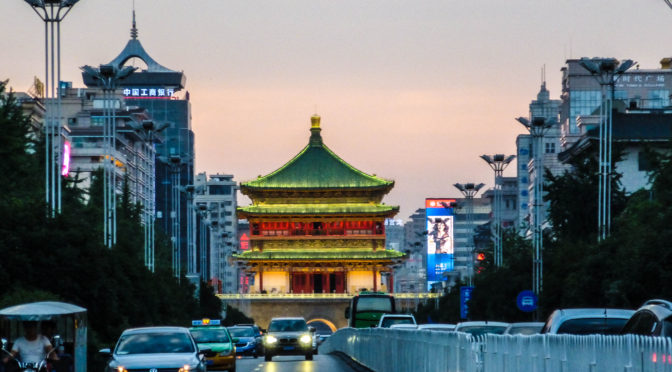In a foreign country where your Mandarin might still be a bit wobbly, there are some things you need to watch out for. This blog post is not aimed to worry you but to give you some friendly advice that might come in handy.
There are a few popular scams that happen typically around tourist areas, particularly Beijing that happen day in day out. If you’re soon to move to China and want to prepare yourself for potential scams then read on.
‘Tea scam’:
Typically done by young Chinese women, English speaking Chinese natives will approach obvious tourists in busy tourist areas. They may be promoting their friends Café or Tea Room. They might start by talking to you or asking you to go for a coffee, and this is where they get people.
Once you have ordered a drink or go to pay, you will be billed for a 4000rmb coffee. Or another catch, the menu might claim the drink is 200rmb but that’s the price of a sip.
The best advice would be to ignore invites like the above, yet its important to note that Chinese tourists might actually just want to talk to you or take pictures. Yet if they are persistently inviting you to go somewhere then maybe then is the time to be sceptical. This is their job and they are out to scam people in this way so just remember to be careful.
If you have already been scammed then contact the tourist police. Normally the threat of the police will be enough for them to drop the scam, but they are aware of what is going on and so can help you out.
Art Gallery Scam:
The same sort of setting for the tea scam, native Chinese students may approach you trying to get you to visit their small gallery or art exhibition. Cheap reproduction prints are being sold for 3000 odd rmb when they are worth a fraction of this.
If you try to back out or leave they may even bring people in to put pressure on you. Don’t get yourself into this situation by again being sceptical of people inviting you somewhere or persistently talking to you and not leaving you alone.
Ritual Scam:
Again this happens around popular tourist areas, Chinese natives might approach you offering to guide you around a ritual site or other areas they seem to have vast amounts of knowledge about. After agreeing on a price they will take you to back alleys and demand more money or say that they didn’t mean 20rmb but 200, or they may even just leave you there.
Again the best thing to do is to ignore people offering to take you to places, for most of the time it is a scam. These three examples of scams show that they target obvious tourists, but also that they are easy to avoid by refusing to accept their offers before it is too late.
If you want more advice then watch this youtube clip: https://www.youtube.com/watch?v=Gl0u9AremIw
Interested in working in China and want to find out more? Our UK agency ensures that schools are up to top standard and provides an additional layer of protection and reassurance when negotiating issues with your Chinese school. To find out the latest vetted and quality assessed top providers in China check out nooneliterecruitment.com/teach-english-in-china.


